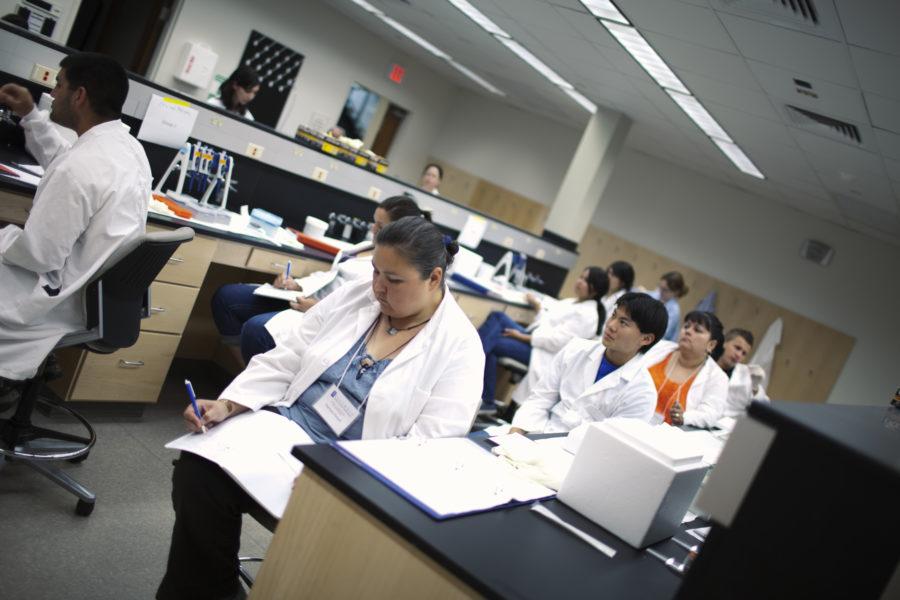Genomics workshop caters to Native American community
July 5, 2015
The Summer Internship for Native Americans in Genomics (SING) is a University workshop aiming to get more Native American scholars, students and community members interested in genomic studies, and to counteract the underrepresented status of Native Americans in genomic and science-based careers.
The SING workshop, which is hosted by the Institute for Genomic Biology at the University, will be held August 2 to 9 this year. Participants include Native American undergraduate, graduate and community college students. After this year’s event, a total of 50 people will have participated.
The workshop will run from 8 a.m. to 5 p.m. each day, with activities including lectures, discussions and hands-on training in molecular biology and bioinformatics.
“It’s pretty intense,” said Ripan Malhi, SING director.
The workshop covers a wide range of topics and information.
Get The Daily Illini in your inbox!
“What’s interesting about it is that the instructors are life scientists, genomicsts, anthropologists, social scientists — even a lawyer. We don’t just focus on the lab work or the science, per say. We also discuss the ethical, legal and social implications of doing genomic research in indigenous communities,” Malhi said.
The workshop began in 2011 and was originally partially-funded by a National Science Foundation grant.
“What we wanted to do is have more indigenous scientists start doing this research, instead of non-indigenous scientists that go to the community and don’t really have an understanding of the history and socio-political concerns within that community,” Malhi said.
Joseph Yracheta, a former trainee and second-year faculty member with the program, said it aims “to empower (students) to create and infuse this powerful technology with tailor-made solutions for their own people and perhaps, if we are lucky, show the rest of the world how to ‘do’ science better through communal precepts and relational obligations.”
Malhi said the workshop also serves as a way for participants to create strong bonds with one another.
“These Native American students that feel isolated now have a network,” he said.
Malhi said the long-term goal is to get Native Americans more involved in genomics, and for Native American scientists to use genomics as a tool to advance their purposes. Those purposes “can be varied.”
“There are lots of ways that Native American communities can use genomics as a tool,” he said.
Yracheta added that the program “eventually empowers them to make meaningful change in their home communities.”
mcilvan2







